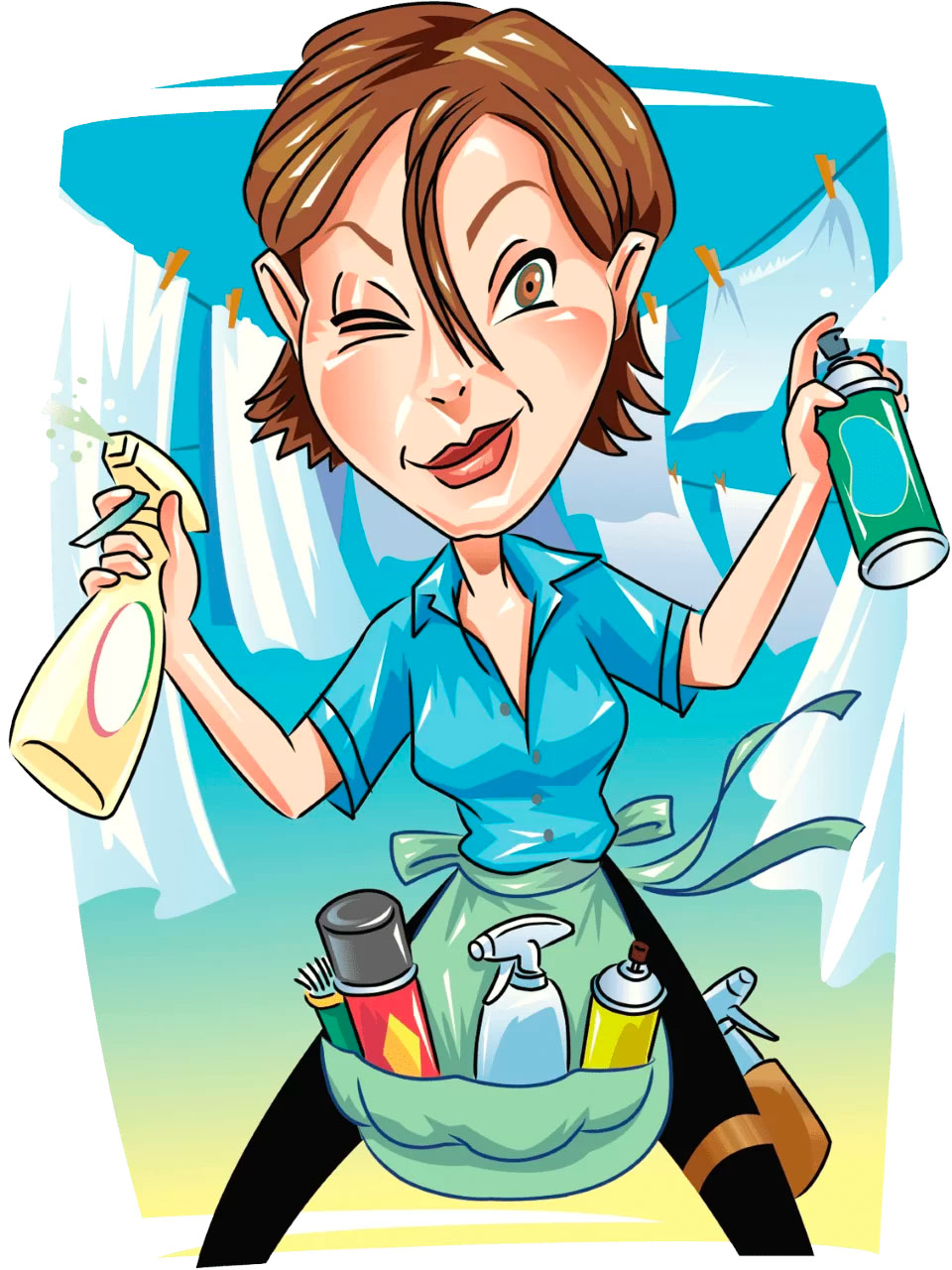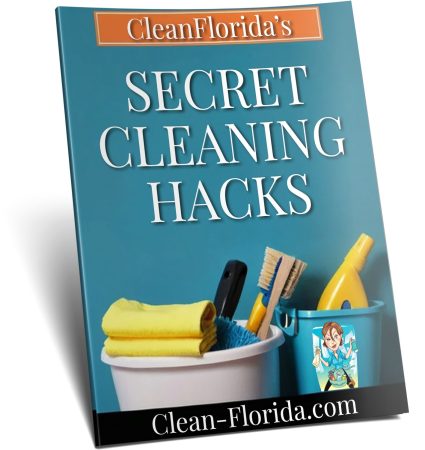Here are a few healthy home-cleaning habits to keep in mind:
Exchange indoor air
Many modern homes are closed so tightly as far as doors and windows that there is little new air entering the homes. It is a good to idea to open the windows from time to time or run any installed exhaust fans. In cold weather, the most efficient way to exchange room air is to open the room wide – windows and doors, and let fresh air in quickly for about 5 minutes. The furnishings in the room, and the walls, act as ‘heat sinks’, and by exchanging air quickly, the heat is retained.
Minimize dust
Removing clutter, which collects dust to begin with, such as old newspapers and magazines is a good idea in working to minimize dust. You could also try to implement a ‘no-shoes-indoors’ policy. If you are building or remodeling a home, consider a central vacuum system to help eliminate the fine dust, which portable vacuum cleaners typically recirculate.
Use cellulose sponges
Most household sponges are made of polyester or plastic, which are slow to break down in landfills, and many are treated with triclosan, a chemical that can produce chloroform (a suspected carcinogen) when it interacts with the chlorine found in tap water. Instead of using these types of sponges, try a cellulose sponge, which is usually available at natural foods stores. Cellulose sponges are biodegradable and will soak up spills faster since they are naturally more absorbent. For general household cleaning, try cleaning cloths that are non-toxic, extremely absorbent, reusable, and biodegradable, also available at natural food stores.
Keep bedrooms clean
Research indicates that most of the time at home is spent in the bedrooms. Try to keep pets out of the bedrooms, especially if they spend time outdoors. Cleaning the bedroom regularly, so that dust and another particles do not build up is important for a healthy home.
Use gentle eco-friendly cleaning products
Of the various commercial home cleaning products on the market today, drain cleaners, toilet bowl cleaners and oven cleaners are the most toxic. There are natural cleaners which you can create using common household items, such as vinegar, or you can purchase ‘green’ commercial alternatives. Avoid products containing ammonia or chlorine, or petroleum-based chemicals, as these contribute to respiratory irritation, headaches and other complaints.
Try cleaning from the top down
When home cleaning, save the floor or carpet for last. Clean window blinds and shelves first and then work downwards. Allow time for the dust to settle before vacuuming the floors.


